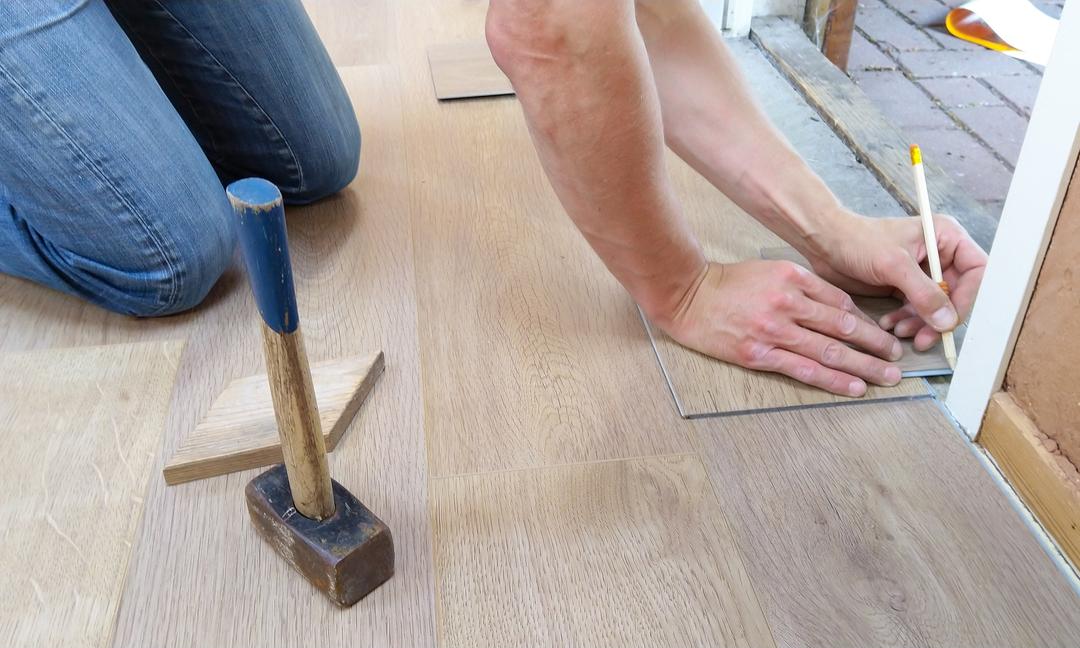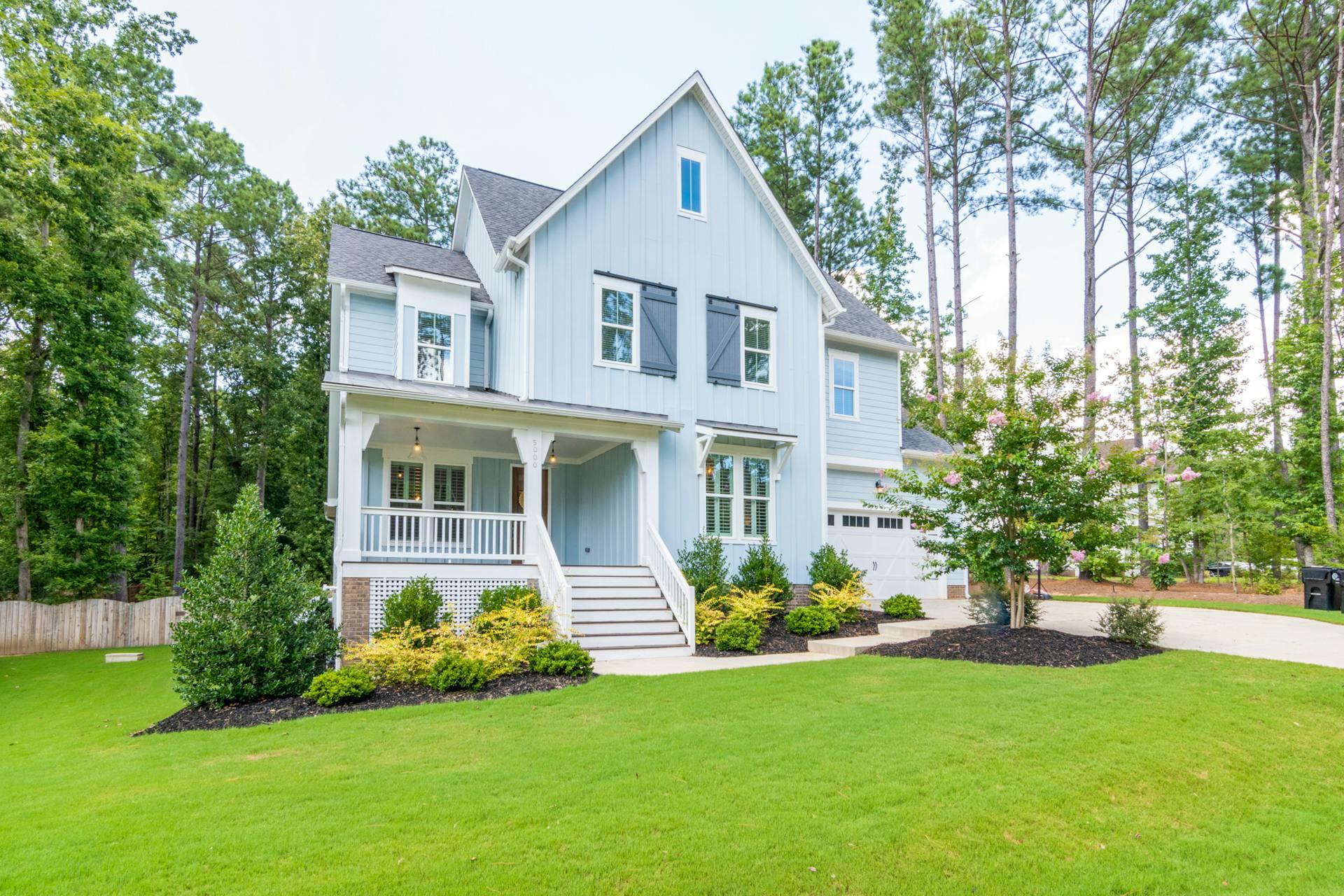Determining the right selling price for your property is essential for a successful real estate transaction. However, the ideal price isn’t necessarily the highest number you can imagine. In fact, setting a price that is too high can deter potential buyers and prolong the sale process.
The key is to find a competitive price that attracts buyers while still maximizing your return. This price must be well founded and justifiable
Simply picking a number at random is unlikely to benefit you. Instead, you should carefully analyze your property, assess current market conditions, and conduct thorough research.
Let’s explore 8 key questions you should ask yourself to ensure you set the right price.

1. What are the features of my property?
The characteristics of your property have a significant impact on its selling price. To determine a competitive price, start by creating a detailed profile of your home. Consider the following aspects:
- When was the property built?
- How many levels does the home have?
- Is the basement finished or unfinished?
- What is the total square footage?
- What is the size of the lot?
- How many bedrooms and bathrooms does the property have?
- Is there a garage, and if so, what is its size and type?
- Does the property feature an in-ground or above-ground pool?
- What type of heating system is used?
These questions help create a comprehensive picture of your home. Each detail can affect its market value. By understanding your property's features, you can more accurately compare it with similar homes on the market and set a realistic price.
2. Have I renovated my house recently?
Recent renovations can potentially increase the selling price of your property, but only if they are value-adding upgrades rather than simple maintenance or cosmetic improvements.
It’s important to note that not all renovations add the same value to your home. Generally, kitchen and bathroom upgrades offer the highest return on investment. On the other hand, improvements such as installing a fence or repaving the driveway might have a minimal impact on the property’s value.

3. Does my house need repairs?
This question is especially important if you haven't done any recent renovations. Even if some areas have been upgraded, other parts of your property may still need attention or repairs due to normal wear and tear.
A property in poor condition can discourage buyers, extend the selling process, and ultimately reduce your profits. For instance, if you've renovated the kitchen but the roof is in poor shape and the window insulation is outdated, you might need to lower your asking price to account for these issues, unless you choose to address them before listing your home.
Buyers usually have a property inspection conducted before finalizing a purchase. This inspection will reveal any needed repairs or maintenance, which could lead to price negotiations or even a withdrawal of the offer.
To minimize the risk of having to lower your price due to issues found during a buyer's inspection, consider conducting a presale inspection yourself. This proactive approach allows you to identify and address necessary repairs in advance, helping you maintain your property’s value.
4. What are the recent sale prices of comparable homes in my neighbourhood?
To set an accurate selling price for your property, it's essential to compare it with similar homes in your area that have recently sold or are currently on the market. Focus on properties with comparable features to ensure a fair comparison.
For instance, comparing your smaller home without a garage or pool to a larger property with these features will result in an inaccurate valuation. Similarly, comparing a townhouse to a suburban single-family home won't provide a meaningful comparison.
If similar properties in your neighbourhood have recently sold for around $325,000 to $335,000, pricing your home within this range would likely be reasonable.

5. Am I in a hurry to sell?
Your personal situation can affect the selling price of your property. If you need to sell quickly, perhaps due to a relocation or other urgent circumstances, setting a mower price might help you sell faster.
This illustrates that aiming for the highest price isn’t always the best strategy for achieving your selling goals.
6. Are my emotions affecting my pricing decision?
As mentioned earlier, setting a sale price should be based on objective facts rather than personal feelings. While it's natural to be emotionally attached to your property, this attachment can lead to overestimating its value.
To avoid letting emotions from influencing your decision, aim to maintain an objective perspective when determining your home’s market value. This approach helps ensure that your pricing reflects the property’s true value and current market conditions.

7. Do I prefer to sell on my own or use the services of a real estate expert?
Choosing to sell on your own or with professional help won’t directly affect the asking price, but it will influence the accuracy of the pricing process. Setting the price yourself can be challenging and may lack precision compared to working with a professional.
Using a certified appraiser or real estate agent offers valuable benefits that can justify the cost. Their expertise ensures a more accurate valuation of your property, helping you achieve the best possible sale price.
8. Should I choose to work with an appraiser or a real estate broker?
If you need professional assistance but are unsure which expert to choose, your decisions should depend on how you plan to manage the sale.
If you intend to handle the sale yourself but need help determining your property’s market value, a certified appraiser is the right choice. An appraiser, particularly one from the Ordre des Évaluateurs Agrées du Québec (OEAQ), will provide a thorough assessment of your property’s condition, materials, dimensions, and components.
They will also analyze the local market and estimate the replacement cost of the building.
If you prefer an expert to guide you through every stage of the selling process, a real estate broker is ideal. A broker will help set the right price, negotiate with potential buyers, and manage the sale from start to finish. They can also assist you in coordinating the sale of your current property with the purchase of a new one, ensuring a seamless transition.
Looking for an expert to help you set the sale's price of your house?
XpertSource.com can help you find a certified appraiser. When you tell us about your project, we put you in touch with qualified resources for FREE. Simply fill out our form ( it only takes a few minutes ) and we will connect you with professionals.

